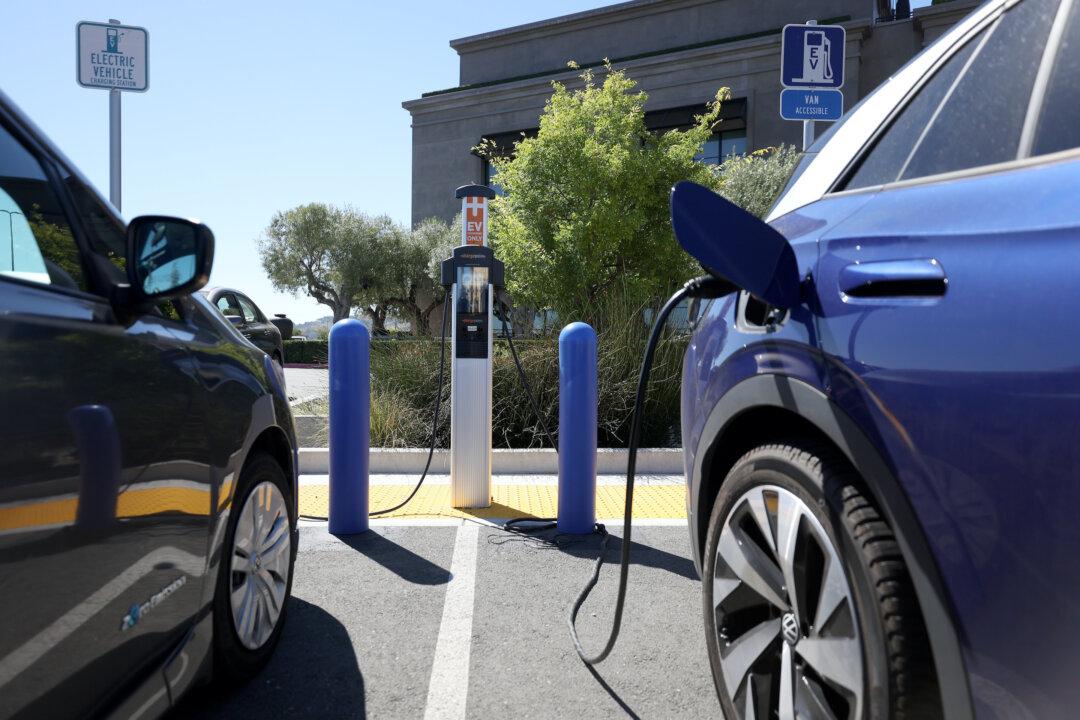Commentary
As the colossal fear-mongering operation that has accompanied the obsessive pre-occupation with climate change is abandoned by former adherents—an operation that strains credulity with the uneventful passage of time—Canada’s commitment to electric vehicles appears more and more absurd. But we seem at least to have spared ourselves the billions committed in the United States to set up new charging stations for road vehicles, which has so far resulted in only a handful being opened.





